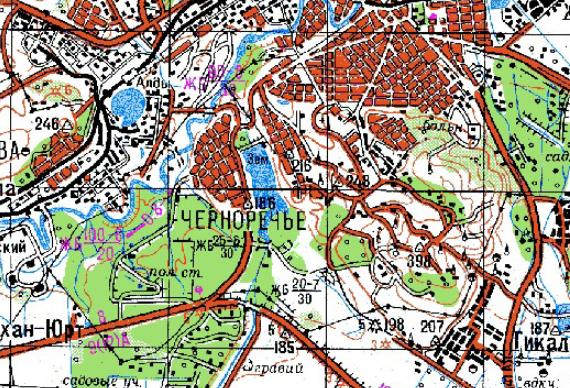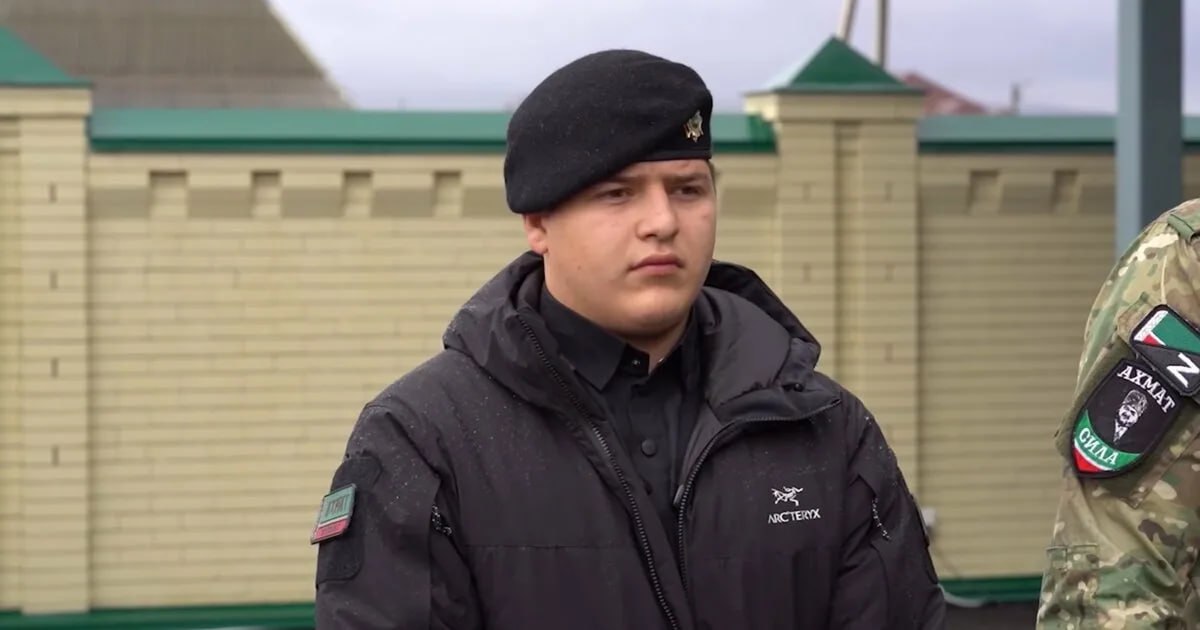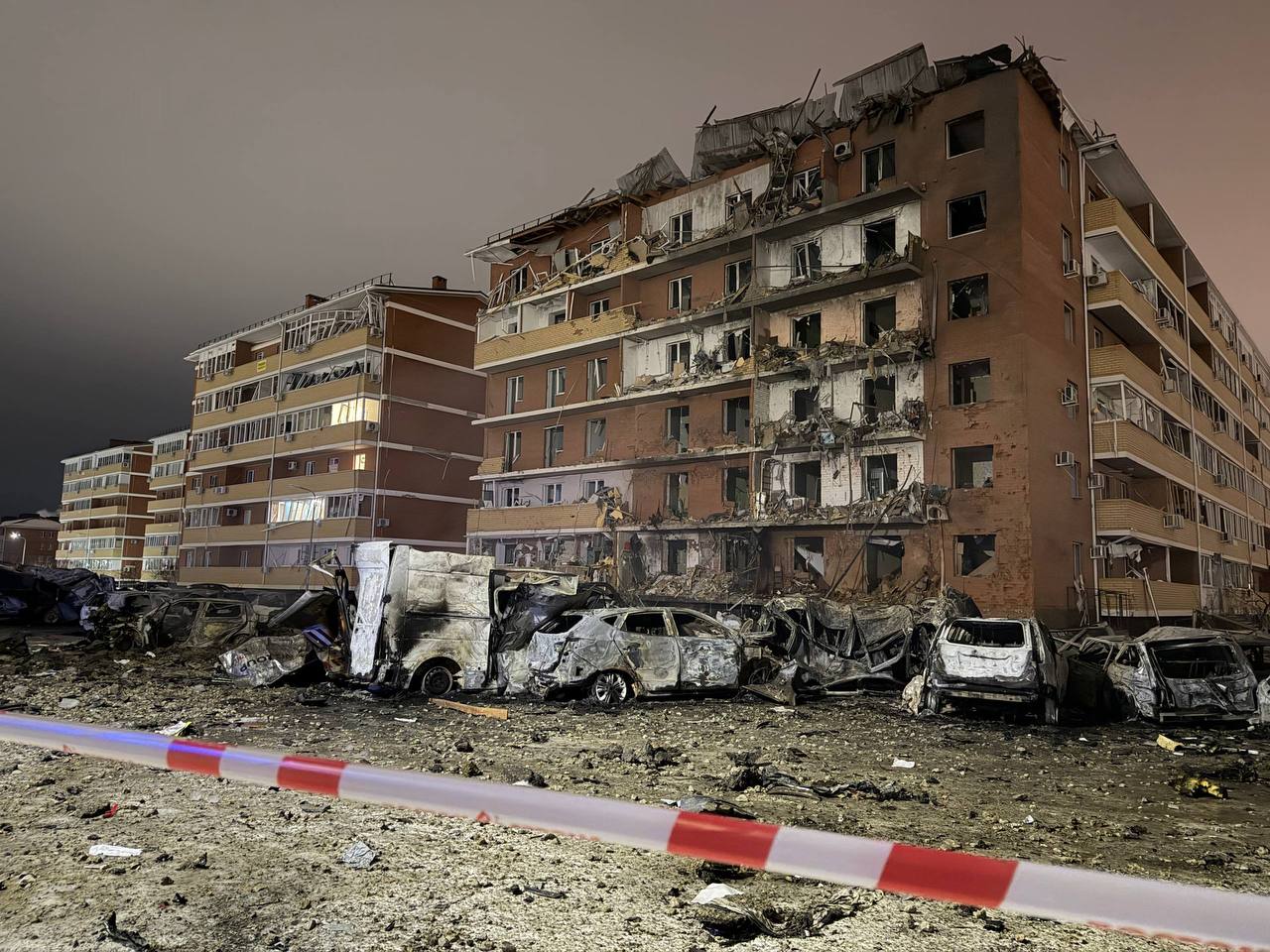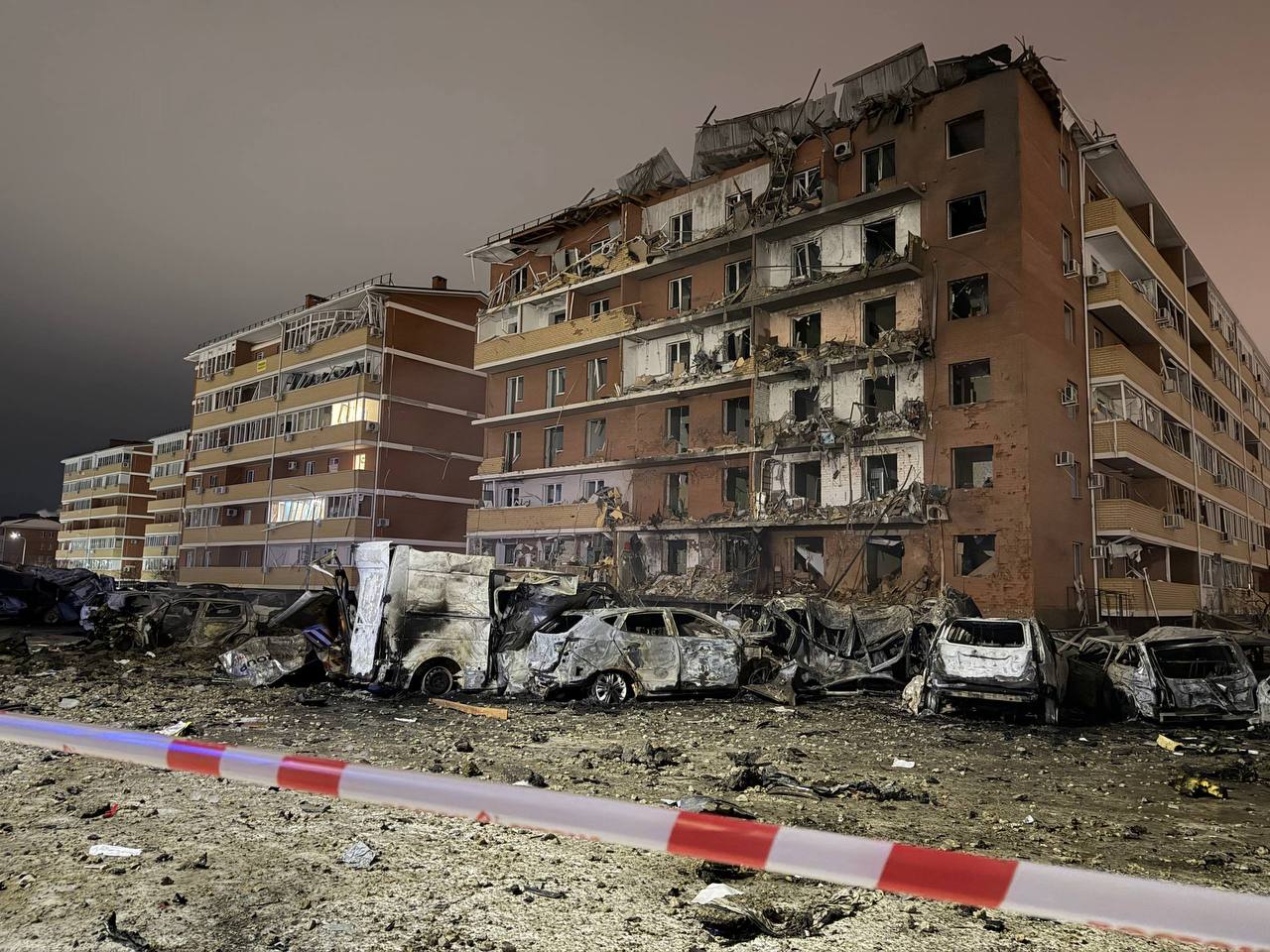The health of Adam Kadyrov, the son of Chechen leader Adam Kadyrov, who was injured in a traffic accident in Grozny, is improving, according to the Agency, citing sources close to the Russian presidential administration and the Chechen authorities.

November 25, 2001
***
On the night of November 25, residential areas in the village of Chernorechye in the Zavodskoy district of Grozny were subjected to artillery shelling. One of the shells hit the Idrisovs’ house and caused significant destruction. The residents were not injured, as they went down to the basement at the very beginning of the shelling.
***
In the morning, the village of Novye Aldy in Grozny was blocked from all sides by armored vehicles. The “cleansing” began in it.
At about 8 o'clock in the morning, having broken open the gate, the military drove in an armored personnel carrier into the Dzhabrailovs' yard. They left their Ural and ZhZ cars on the street. At this time, the paralyzed Arsakh Dzhabrailov, his wife Iisita and their son Alikhan Arsakhovich Dzhabrailov, born in 1983, were in the house. One of the soldiers asked the other: “That’s all, just this kid?” Having received a confirming answer, he and others twisted Alikhan’s hands behind his back and threw a sack over his head. The mother rushed to help her son, but she was hit with the butt of a machine gun and pushed into another room. Then, seizing audio and video cassettes, a transistor and other equipment, pushing Alikhan Dzhabrailov in front of him, despite the cries and pleas of his parents, the military left the yard. Where they then went remains unknown.
According to Iisita Dzhabrailova, her son was taken away under a conspiracy, based on false information. She assumed that this was revenge for the fact that two of his sisters were married to members of the Chechen resistance, who had already died by that time. Alikhan Dzhabrailov himself did not fight and did not show such a desire.
Iisita Dzhabrailova contacted the Zavodsky District VOVD, where, in her opinion and according to the rules, the detainee should have been taken. However, the police refused to admit that they had Alikhan. Appeals to the military commandant's office, the prosecutor's office, the POM, as well as to civil authorities did not clarify the situation.
Three or four months after the abduction of Alikhan Dzhabrailov, someone let his mother know that he was in the White Swan prison in Pyatigorsk. The unknown person had recently been released and saw Alikhan there, who asked him to tell him that if they officially stated that he was not there, it would not be true. But Iisita Dzhabrailova was unable to verify whether this information was reliable. As of February 2006, she was unable to find out anything new about the further fate of her son; he was considered missing.
She herself and her husband Arsakh Dzhabrailov were direct witnesses to the abduction. The criminals were wearing camouflage clothing and masks. The numbers of the equipment they arrived on are unknown. The ethnicity of the kidnappers was Russian; they spoke Russian. They insulted and beat the residents of the house. And this despite the fact that Alikhan Dzhabrailov’s father is a disabled person of group I, paralyzed since 1991. The taken away young man was next to him all the time, since, besides his mother, there was no one to care for the elder Dzhabrailov.
The prosecutor's office opened a criminal case regarding the kidnapping of Alikhan Dzhabrailov, but Iisita Dzhabrailova could not say anything about his condition in 2006. She did not go to court regarding the inaction of the prosecutor's office and did not file a complaint with the ECHR.
After the abduction of her son, she and her husband moved to the urban village of Tashkala and lived there at the address: Koltsova St., 124. Memorial Human Rights Center does not have any more recent information.
***
In Argun, Russian security forces killed alleged members of the WF of the ChRI. This is a resident of the city, Sergei Agamirzaev, and two natives of neighboring villages – Mesker-Yurt and Tsotsin-Yurt. The circumstances of what happened at Memorial Human Rights Center are unknown.
From the book “People Live Here”, Usam Baysaev, Dmitry Grushkin, 2006.



